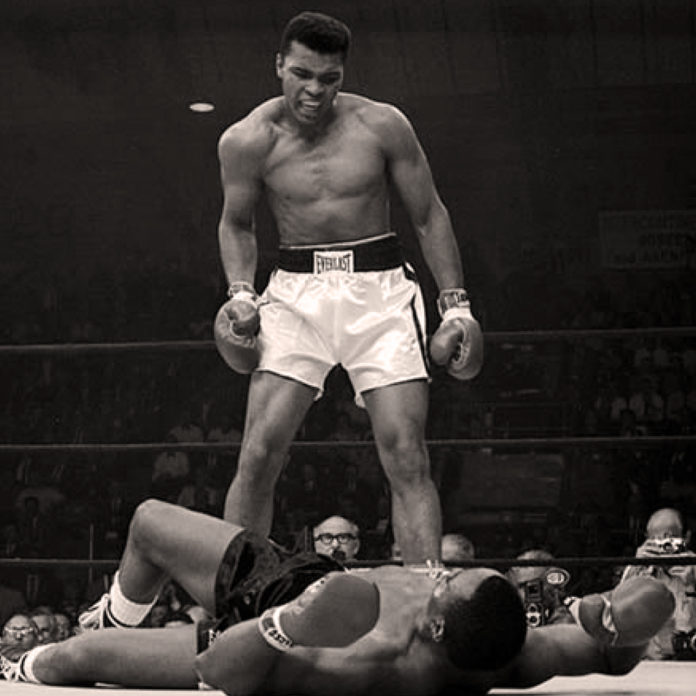
It’s one of the many “one-liners” the late Muhammad Ali is famous for.
He would – often during interviews – burst into short prose about his boxing prowess and high level of skill.
“Float like a butterfly… sting like a bee…rumble, young man, rumble”.
Ali, who grew up as Cassius Clay, died last Friday at the age of 74, and will go down in history as the Greatest of All Time (GOAT), no doubt.
The late boxer changed the way the world viewed the sport. In my opinion, he actually made the sport famous. In one interview, he speaks about how he made the sport famous; how ticket prices and match attendance had skyrocketed because they all wanted to see him in the ring.
Perhaps he was not the most humble man by our standards, but he certainly walked the talk.
This blog will be one of millions of tributes that have been pouring in in recent days in honour of the champion.
Many have said what they will miss him for his boxing skill, his humour, and his love for people, among many other attributes.
But I believe Ali will not be remembered for what he did in the boxing ring.
Don’t get me wrong, you cannot erase his achievements in that space, but it was his actions outside that inspire me.
I was not alive during some of these historic moments, but I am grateful to be able to read and watch footage and interviews from that era.
One stand-out period was when Ali, as a US citizen, decided to take up a different fight – against his government.
It was during a time when the USA was at war in Vietnam. The US government was recruiting young men to fight for their “freedom”.
At the time, Ali received notice that he had been conscripted.
During the same period, the (Black) Civil Rights movement was also at odds with the US government. Black men and women were mistreated and their rights not respected in many ways across the US.
Ali refused to be conscripted, arguing that his enemy was not the Vietnamese, but his own people at home (the US) who could not respect his rights, or acknowledge him as a human being.
Ali could not justify fighting a war for “freedom” when his own people were mistreated.
The US government retaliated and stripped him of his boxing championship, revoked his boxing license, and denied him a visa to travel elsewhere and ply his trade.
This immediately stopped his flow of income. Ali was barely making ends meet.
It was during this time that universities across the US began inviting Ali to give lectures and host question and answer sessions on various topics, including his beliefs and decision to refuse conscription even if it meant jail. Ali accepted these invitations – he had the time and needed the money.
These talks proved to be the saving grace Ali needed as they paid approximately US$1 500, which was a lot of money back then. For some time, this is how be paid his bills. He later joked about this in interviews.
His commitment to standing for this principle and not giving in, even when the odds were against him, is worth admiring.
He just didn’t talk a big game – he walked it, even when his income was cut off.
One doesn’t want to portray a perfect picture of the man, none of us are, but Ali certainly inspired the world over – in and out of the ring.
His act will certainly be hard to follow for those coming after him.
As the world mourns a legend and champion, we are grateful for his tenacity and integrity in his fight against injustice.
Rest in peace, champion.
Rumble, young man, rumble!
